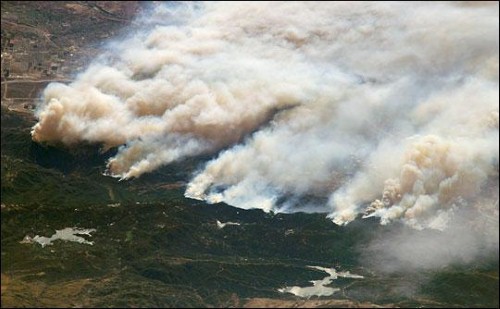For small businesses, business continuity planning may not be at the top of their to-do list. With less cash and fewer resources at their disposal, small businesses are likely to allocate funds for issues of immediate relevance rather than driving them into risk management on the off chance of an unlikely disaster or crisis.
However, as reported in a recent press release issued by the Insurance Information Institute, 2011 was a record year for natural catastrophes warranting 99 "disaster declarations" from the federal government, up from 81 (the previous record) in 2010. The release states the disasters yielded more than $35 billion in damages.
The Knight family, proprietors of a small motel called Reed's Lodge in Arizona, felt the effects of natural disaster on their business firsthand when the Wallow fire, the largest blaze in the state's history, ravaged their region during the peak of tourism season.
While a recent article from CNBC reports the Knight family did not have the proper face masks to protect themselves from the smoke that persisted for nearly a month, a cache of extra supplies and some quick improvisation allowed the Knights to draft a successful continuity of operations plan on the fly so the motel could stay open. Further, because the Knights equipped the business to continue operating during the blaze, they earned consumer loyalty from emergency workers and displaced evacuees who relied on the motel as a center for communication and lodging, the report states.
In the wake of two record years in disaster causation, an event like the Wallow fire indicates that small businesses need to be ready with emergency plans should a natural disaster stand in the way of normal business operations. And if a company does not have the resources for a full-time risk management specialist on staff, the best way to address potential disaster situations is hiring a certified third-party disaster consultation service to implement strategically tailored crisis management plans so that the business can constantly maintain its preparedness. This way, should disaster strike, the business will have an exact protocol to follow and hot sites from which to base its continued operations should an emergency situation manifest.

